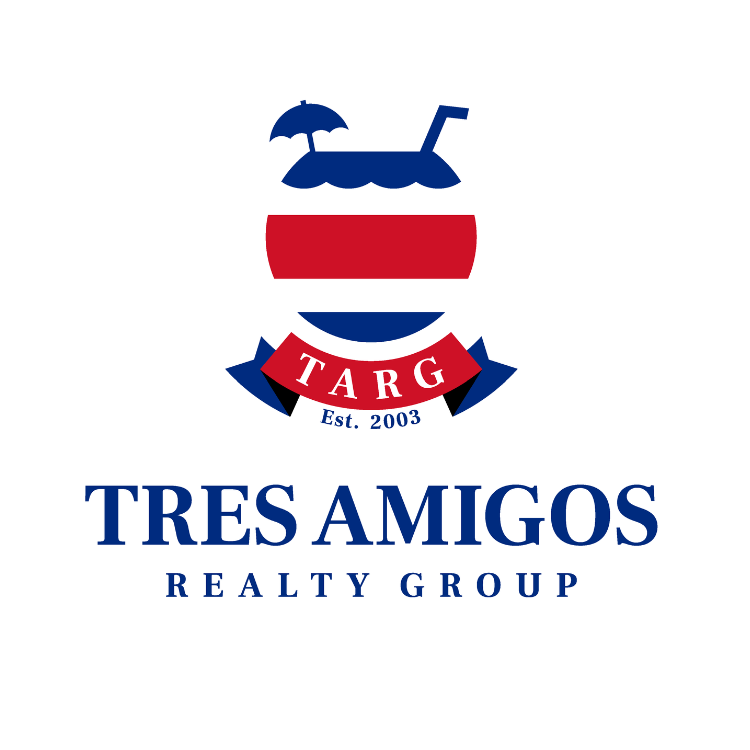Vacations are great! Then, there's real life.
It’s easy to fall in love with a beautiful, sunny, tropical place when you’re on vacation.
C’mon, we’ve all done it. Everything is new. Life is easy. Idylic. For a week or ten days we can forget about the bad weather, our boss, job stress, traffic – the realities of daily life. The money flows. So do the drinks. Life is good. And then, it’s time to go home again. And we’re already longing for that next vacation from seat 27D on the flight back.
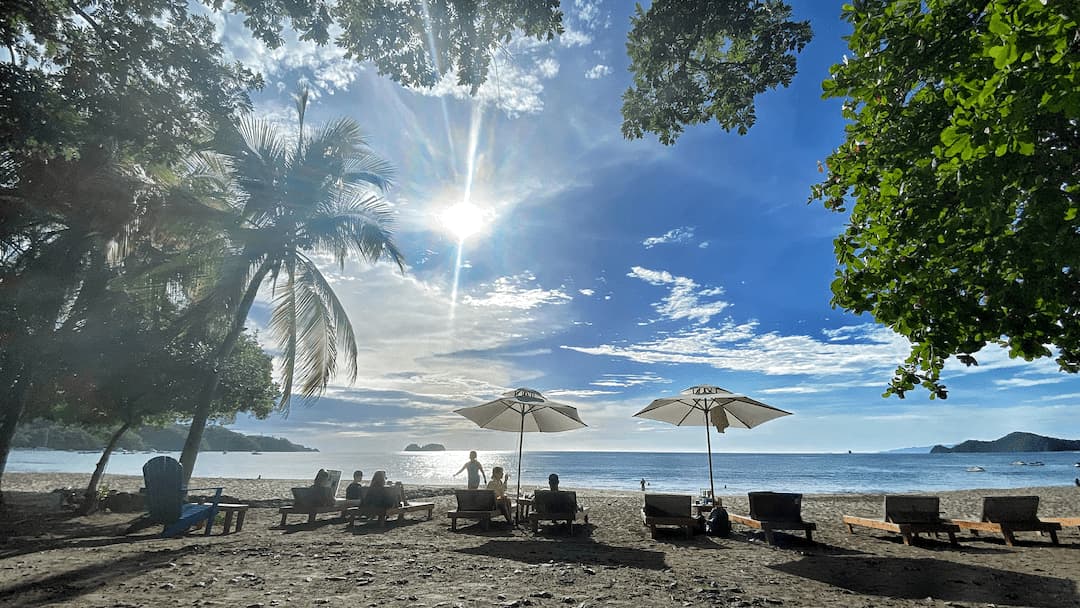 Vacations are romanticized. Life, however, is the real deal. And for expats who have moved to Guanacaste to live, the real deal may not always be as advertised in the vacation brochure - unless you’re a Kardashian with limitless wealth. Then, maybe it is. But for the rest of us, it’s still just life – with its troughs and peaks.
Vacations are romanticized. Life, however, is the real deal. And for expats who have moved to Guanacaste to live, the real deal may not always be as advertised in the vacation brochure - unless you’re a Kardashian with limitless wealth. Then, maybe it is. But for the rest of us, it’s still just life – with its troughs and peaks.
Vacationing in Guanacaste is one thing. Living here as an expat is a completely different animal. It’s not for everyone. But if you’re smart, resourceful, open-minded, and prepared, it can be the greatest place you’ve ever lived, and you’ll never want to leave.
If you’re going to be prepared, you’ll need to do some homework. I’ll kick start your assignment by giving you my list of the pros and cons of living in Guanacaste.
The joys of life in Guanacaste.
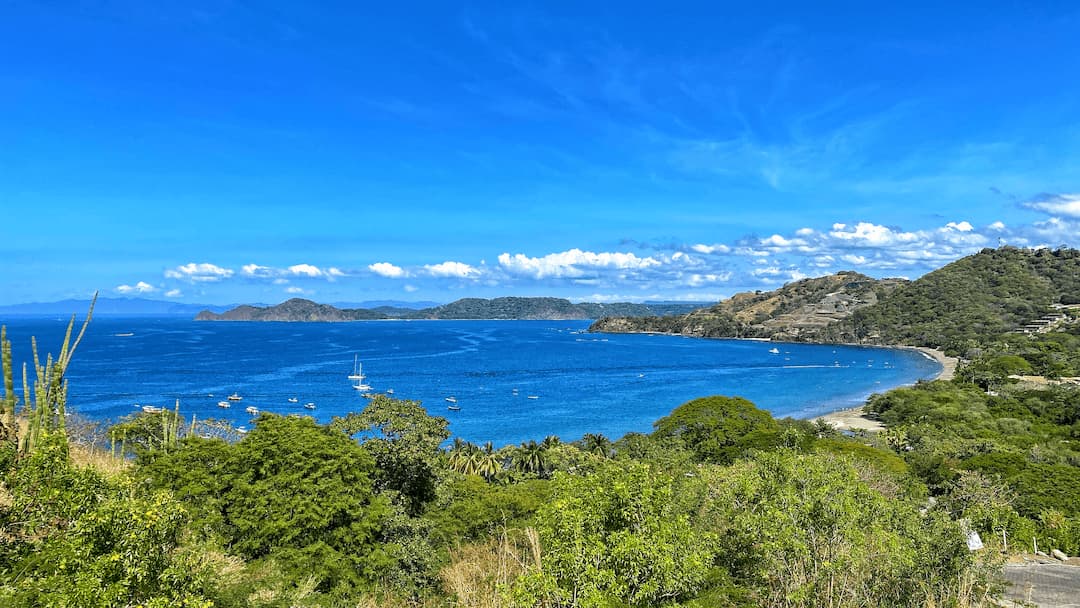 The Climate: Arguably the number one “pro” expats will cite is the perfect climate they enjoy while living here. It’s the dry, sunny northwest here. The summer runs from mid-November through mid-April with an average temperature between 76°F - 95°F at the beach and about 64°F - 84°F up in the mountains. Things like walls and clothing start to seem unnecessary.
The Climate: Arguably the number one “pro” expats will cite is the perfect climate they enjoy while living here. It’s the dry, sunny northwest here. The summer runs from mid-November through mid-April with an average temperature between 76°F - 95°F at the beach and about 64°F - 84°F up in the mountains. Things like walls and clothing start to seem unnecessary.
There’s almost no rain at the beaches on the Pacific Coast during the summer. The tropical dry forest loses its leaves. It gets a little dusty. Sometimes windy. But, it’s a sun worshipper’s paradise. Up in the mountains around Lake Arenal and on Volcán Rincón de la Vieja (“Rincón de la Vieja Volcano”) it stays greener and there’s more precipitation. It’s cooler. But, it can also be windy.
Then, there are all points in between. There’s something for everyone here in Guanacaste weather-wise. And the amazing thing is that you can go from mountains to beach (and vice versa) in a couple of hours. So if you’re tired of one place, the other is a hop-skip-and-a-jump away.
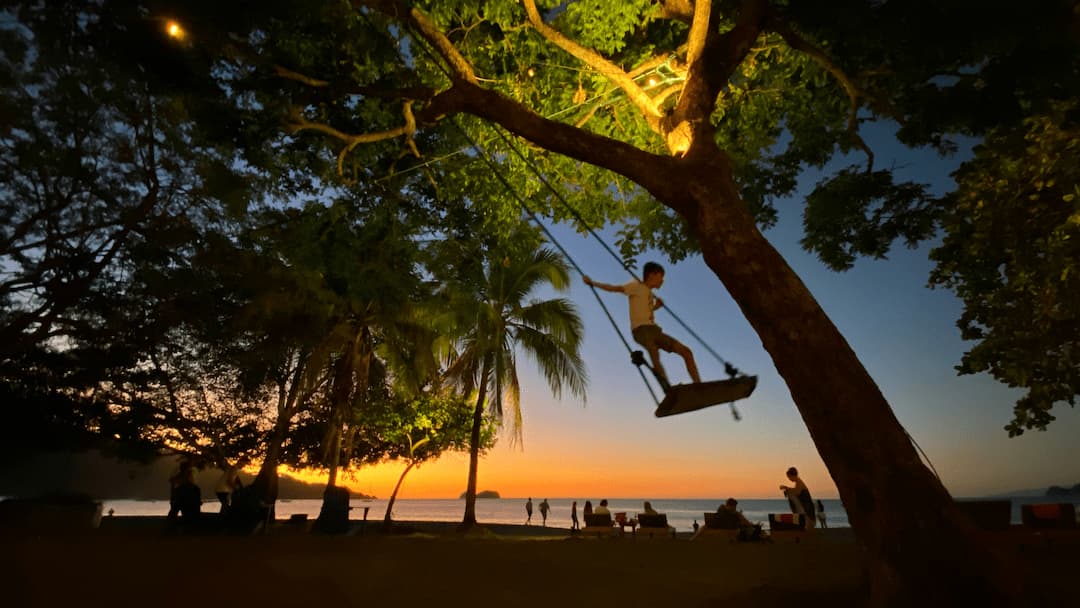 The Pura Vida Lifestyle: Pura vida translates literally to “Pure life”. The phrase is used in every-day conversation as, “Hello!”, “Good-bye”, “I’m fine”, “Right on”, or “It’s all good.” It’s Costa Rica’s national motto. But it’s more than just that. It’s an optimistic way of life. It’s a philosophical way of living life simply and peacefully – life is cool; everything will turn out rosy; be positive; keep at it; don’t worry, be happy!
The Pura Vida Lifestyle: Pura vida translates literally to “Pure life”. The phrase is used in every-day conversation as, “Hello!”, “Good-bye”, “I’m fine”, “Right on”, or “It’s all good.” It’s Costa Rica’s national motto. But it’s more than just that. It’s an optimistic way of life. It’s a philosophical way of living life simply and peacefully – life is cool; everything will turn out rosy; be positive; keep at it; don’t worry, be happy!
Costa Ricans, in general, embrace simplicity and, by doing so, achieve greater happiness – and they live longer because of it. There’s no mistaking that all that pura vida tends to rub off on expats. So here’s to pura vida!
The Friendly People: The vast majority of Guanacastecos (“Guanacastecans”) are friendly, happy, humble, helpful, country folks. Living here is like living in Mayberry R.F.D. with palm trees. Everyone knows each other. Many are related. Everyone looks you in the eye, smiles, and waves at you. It’s easy to make new Tico (another word for “Costa Rican”) friends here. Of course, speaking Spanish helps.
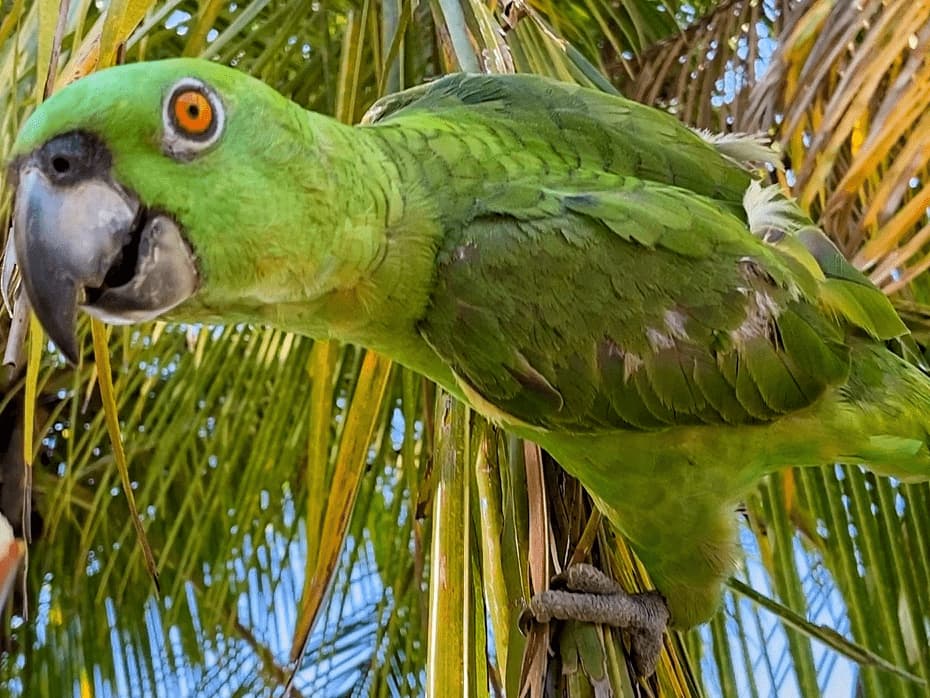 The Nature: From the tops of the volcanoes, to the verdant hillsides, to the windswept llanuras (“plains”), and right down to the Pacific Ocean tideline – the majestic beauty of Mother Nature in Guanacaste will blow you away! Just get in your car and start driving. Every single road trip you’ll take will be a gorgeous one. Micro-climates, topography, flora and fauna – they all change every 20 kilometers of road you drive. It’s absolutely amazing!
The Nature: From the tops of the volcanoes, to the verdant hillsides, to the windswept llanuras (“plains”), and right down to the Pacific Ocean tideline – the majestic beauty of Mother Nature in Guanacaste will blow you away! Just get in your car and start driving. Every single road trip you’ll take will be a gorgeous one. Micro-climates, topography, flora and fauna – they all change every 20 kilometers of road you drive. It’s absolutely amazing!
The Freedom: Because of its small population (354,154 as of the 2010 National Census), and its “cowboy culture” stemming from beef cattle ranching, Guanacaste is mostly rural and very wide open. There are no big cities. That gives people living here both the freedom to roam about, and the freedom from someone breathing down their neck all the time telling them what to do. It’s a very, “Live and let live” society. Do whatever you want, just don’t hurt anyone (See The Pura Vida, above).
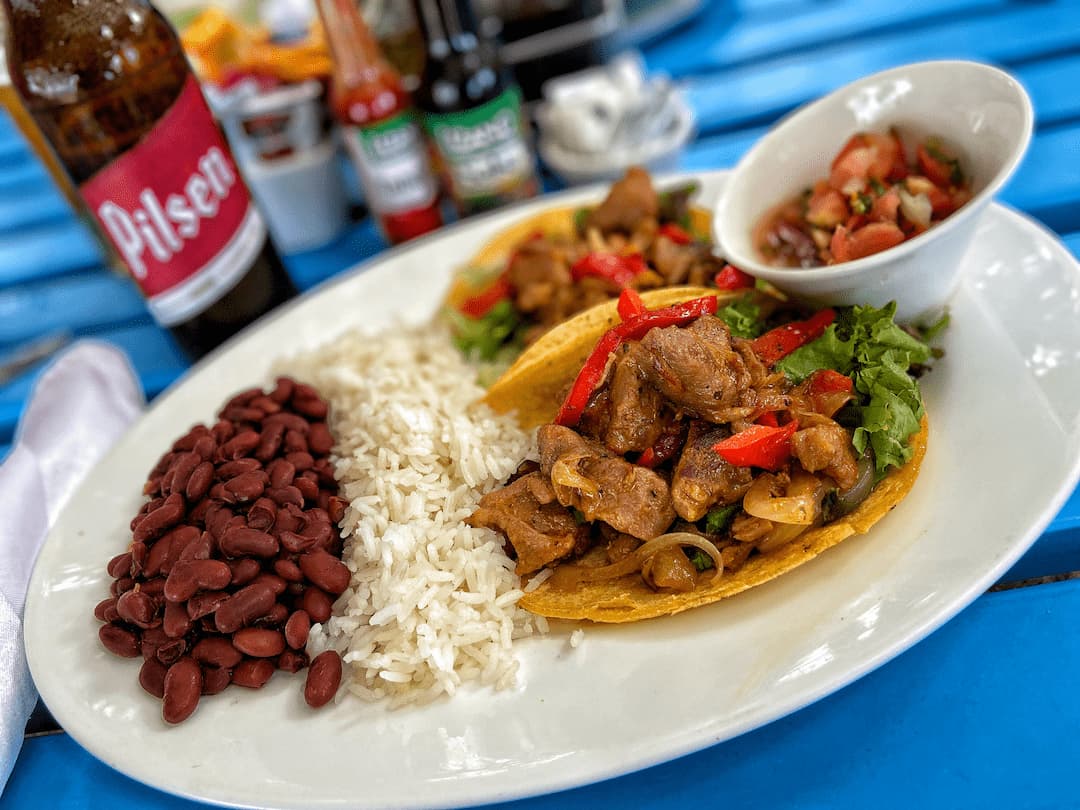 It’s a Blue Zone: People live longer in Guanacaste! Dan Buettner, National Geographic Fellow and NY Times Best-Selling Author, has identified 5 areas of the world where people live longer and healthier lives (Blue Zones): Okinawa, Japan; Sardinia, Italy; Icaria, Greece; Loma Linda, California; and the Nicoya Peninsula, Costa Rica.
It’s a Blue Zone: People live longer in Guanacaste! Dan Buettner, National Geographic Fellow and NY Times Best-Selling Author, has identified 5 areas of the world where people live longer and healthier lives (Blue Zones): Okinawa, Japan; Sardinia, Italy; Icaria, Greece; Loma Linda, California; and the Nicoya Peninsula, Costa Rica.
People living in Guanacaste routinely live to see 100 years of age because of diet (especially veggies and beans), exercise, faith, family, and social connections. And that’s a fact that’s not lost on older expat retirees.
The challenges of life in Guanacaste.
The Cost: The cost of living in Guanacaste – and in Costa Rica, in general – has become much more expensive in recent years. It’s not the deal it was a decade or two ago. Though real estate taxes are still a bargain, overall, almost every other tax has increased and there are many new ones that have come out of nowhere.
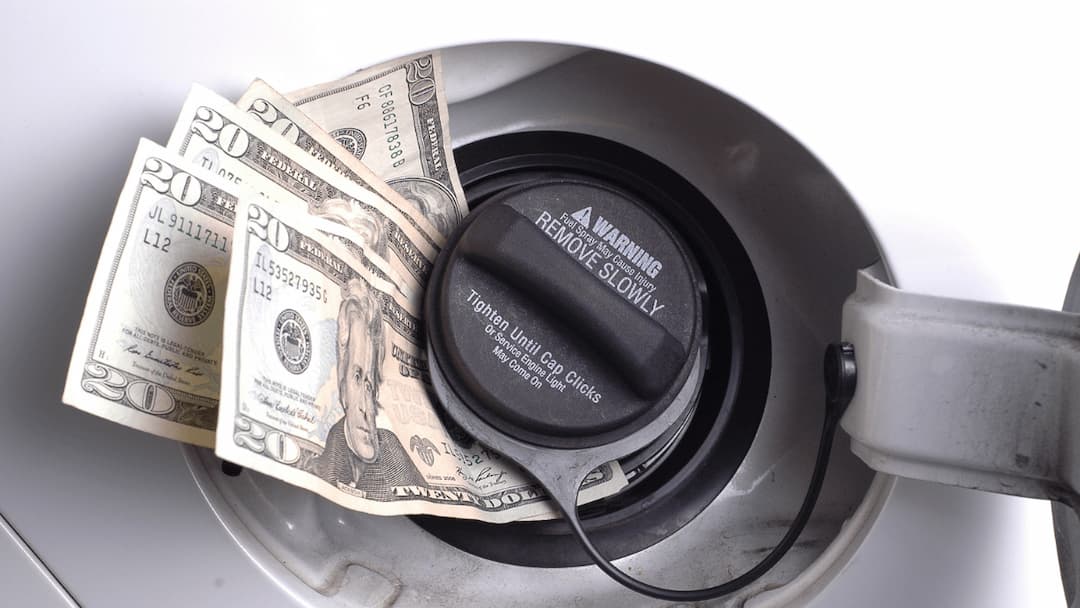 The country’s protectionist trade laws make imported items such as automobiles, electronics, furniture, appliances – anything imported (because nothing is really made here) – 30% to 50% more expensive that what you’d pay for them in North America. Gasoline and diesel prices will knock your socks off. And, food prices with blow your mind (unless you’re at the farmer’s market).
The country’s protectionist trade laws make imported items such as automobiles, electronics, furniture, appliances – anything imported (because nothing is really made here) – 30% to 50% more expensive that what you’d pay for them in North America. Gasoline and diesel prices will knock your socks off. And, food prices with blow your mind (unless you’re at the farmer’s market).
Brace yourself. Prepare to mule a lot down with you in suitcases.
The Bureaucracy: Costa Rica is a social democracy, and that means lots of government employees – it’s a socialist country. If you’re a huge fan of the DMV back home, you’ll love waiting in line at the bank, paying your taxes at the Municipality, trying to get a road fixed, obtaining a building permit, or standing in line at a public clinic. And then, there’s trash collection, water, cable, telecom and electrical service. Start honing your patience skills now. There’s a significant amount of red tape to cut through.
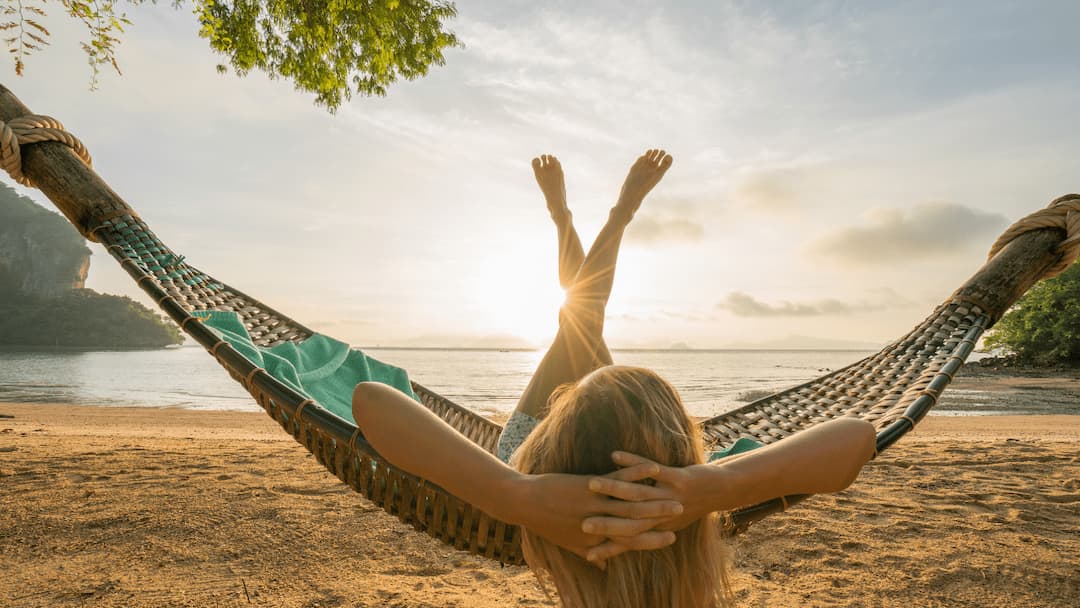 The “Mañana Time”: The pura vida lifestyle that makes life here in Costa Rica so wonderful has an ugly spawn – its name is "mañana time”. That is to say, everything can wait until tomorrow. It’s especially pervasive here in Guanacaste. You won’t be able to rely on anyone showing up on time, much less a phone call from them saying they’ll be late. Don’t expect anything to be completed on time either. If someone says they’ll be there in an hour, make it three. If they’ll be there in the afternoon, figure the next day. It’s just the way it is. Pura vida!
The “Mañana Time”: The pura vida lifestyle that makes life here in Costa Rica so wonderful has an ugly spawn – its name is "mañana time”. That is to say, everything can wait until tomorrow. It’s especially pervasive here in Guanacaste. You won’t be able to rely on anyone showing up on time, much less a phone call from them saying they’ll be late. Don’t expect anything to be completed on time either. If someone says they’ll be there in an hour, make it three. If they’ll be there in the afternoon, figure the next day. It’s just the way it is. Pura vida!
The “Do-overs”: Whether it’s your lawyer, doctor, contractor, housekeeper, or mechanic – name someone – completion of the simplest of tasks will often go awry and will need to be fixed or repeated. You’ll need to accustom yourself to a high percentage of “do-overs.” Again, pura vida!
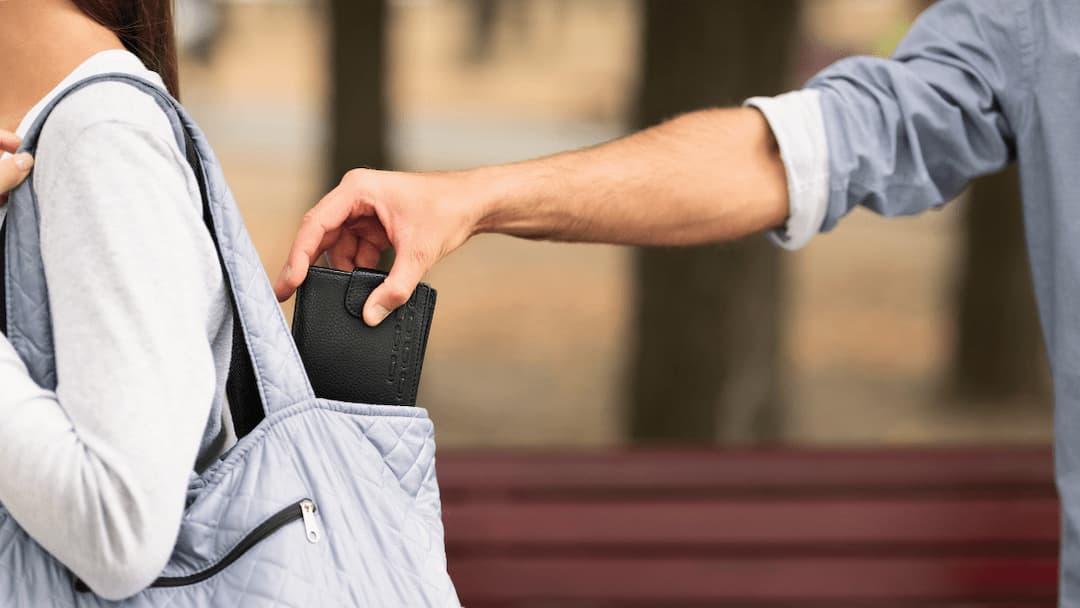 The Theft: Not to scare you, but theft is the number one crime here in Guanacaste. Ticos are very non-confrontational, passive-aggressive people. They avoid confrontation at all costs. Stealing stuff while someone’s not at home, while they’re away from their vehicle, or asleep, means no confrontation. Almost every expat has a story about their home or condo being robbed, or about coming back from the beach only to see their door lock popped and that there’s nothing left inside their car.
The Theft: Not to scare you, but theft is the number one crime here in Guanacaste. Ticos are very non-confrontational, passive-aggressive people. They avoid confrontation at all costs. Stealing stuff while someone’s not at home, while they’re away from their vehicle, or asleep, means no confrontation. Almost every expat has a story about their home or condo being robbed, or about coming back from the beach only to see their door lock popped and that there’s nothing left inside their car.
To be real and honest: lots of expats kinda set themselves up for it. They don’t take simple precautions to minimize the risk of being a victim of theft. They get careless and let their guard down. And, to add salt to the wound, the Fuerza Publica (“Public Police Force”) and OIJ (short for Organismo de Investigación Judicial – akin to the FBI) don’t do, or are incapable of doing, much about getting your stuff back.
Now, don’t freak out. Just be smart and take precautions. The harder you make it for them, the less likely you’ll be the victim.
Tips:
- A good dog in Costa Rica is better than any home security system.
- Keep anything you leave in you car in the trunk out of sight.
- Keep your wallet in your front pocket. Keep your purse zipped and tight to your side.
- Don't flash money around. Duh!
- Light your home or condo up like a Christmas tree outside.
I'm from Chicago. Costa Rica is Disneyland in comparison. Don't forget your street smarts that you've relied on all of your life just because you're in a place with palm trees, beaches, and a laid back vibe.
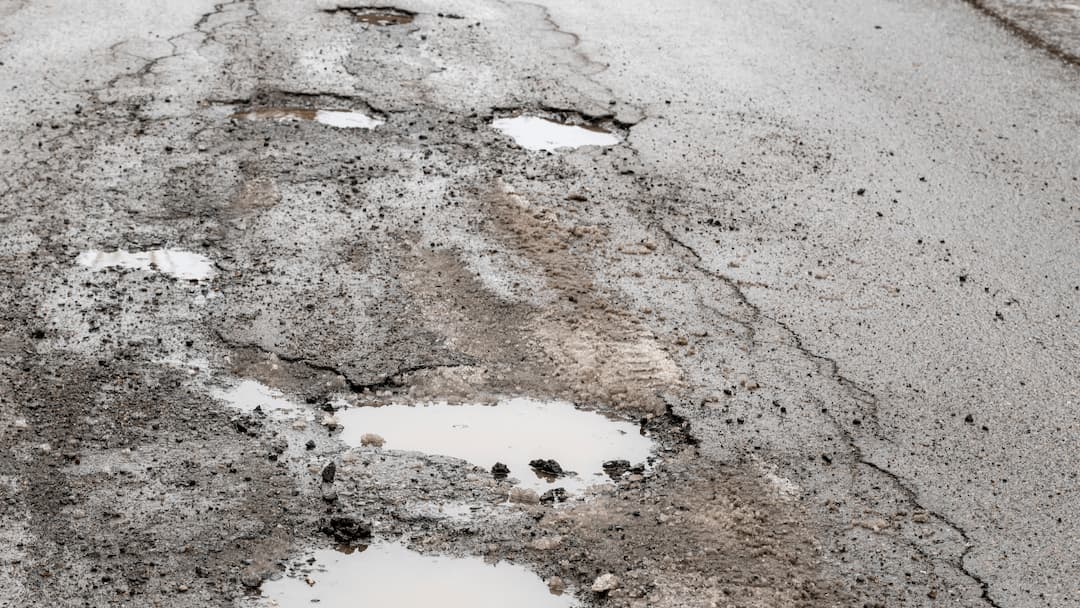 The Infrastructure: Remember, Guanacaste is rural and sparsely populated. As a result, less money is invested in the province by the Central Government on infrastructure. So while many of the roads in and around Guanacaste’s “Gold Coast” are in good condition and well-maintained, the roads in more rural areas away from the tourism enclaves on the coast may be pretty bad. And they can be worse during the rainy season.
The Infrastructure: Remember, Guanacaste is rural and sparsely populated. As a result, less money is invested in the province by the Central Government on infrastructure. So while many of the roads in and around Guanacaste’s “Gold Coast” are in good condition and well-maintained, the roads in more rural areas away from the tourism enclaves on the coast may be pretty bad. And they can be worse during the rainy season.
Amenities: The farther you are away from the cities of Liberia, Nicoya and Santa Cruz in Guanacaste, the sparser the availability of amenities like private hospitals, Red Cross, hardware and supply stores, shopping, restaurants, and entertainment become. If you live farther south on the Nicoya Peninsula, you’ll have to drive farther to take advantage of certain amenities – especially hospitals and shopping.
You can be wearing Dior, drinking champagne, eating shrimp cocktail, and partying poolside with the Kardashians on the Peninsula Papagayo. Or, you can be wearing Levi’s, drinking Imperial, eating chifrio, and watching the rodeo in Esperanza. What’s your lifestyle?
Amenities are a relative challenge – their availability and importance depends on the individual. And for some who've made the move here - like me - they're no challenge at all. You’ll have to weigh the advantages and disadvantages of any specific location with respect to your own personal needs and desires as they relate to available amenities.
The glass is always at least half-full in Guanacaste. It's never even close to half-empty!
Surprise! Living as and expat in Guanacaste is pretty much like living just about anywhere – because nowhere is perfect. You need to weigh the pros and cons associated with any location and lifestyle, no matter where you live. But when the pros outweigh the cons, you’re probably looking at a place you can call home. And Guanacaste is where I call home.
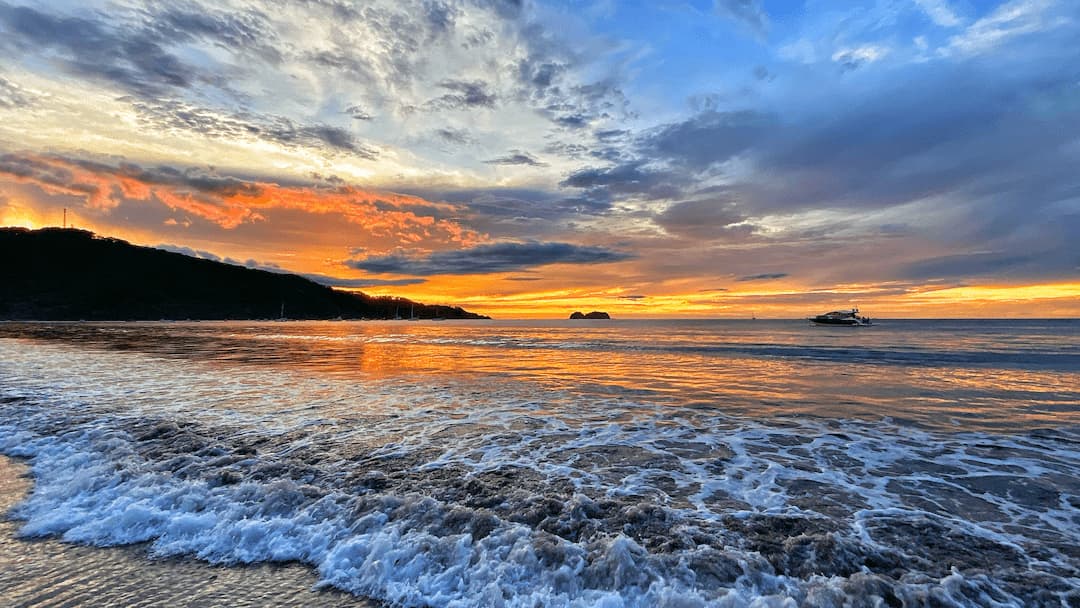
Pura vida!
